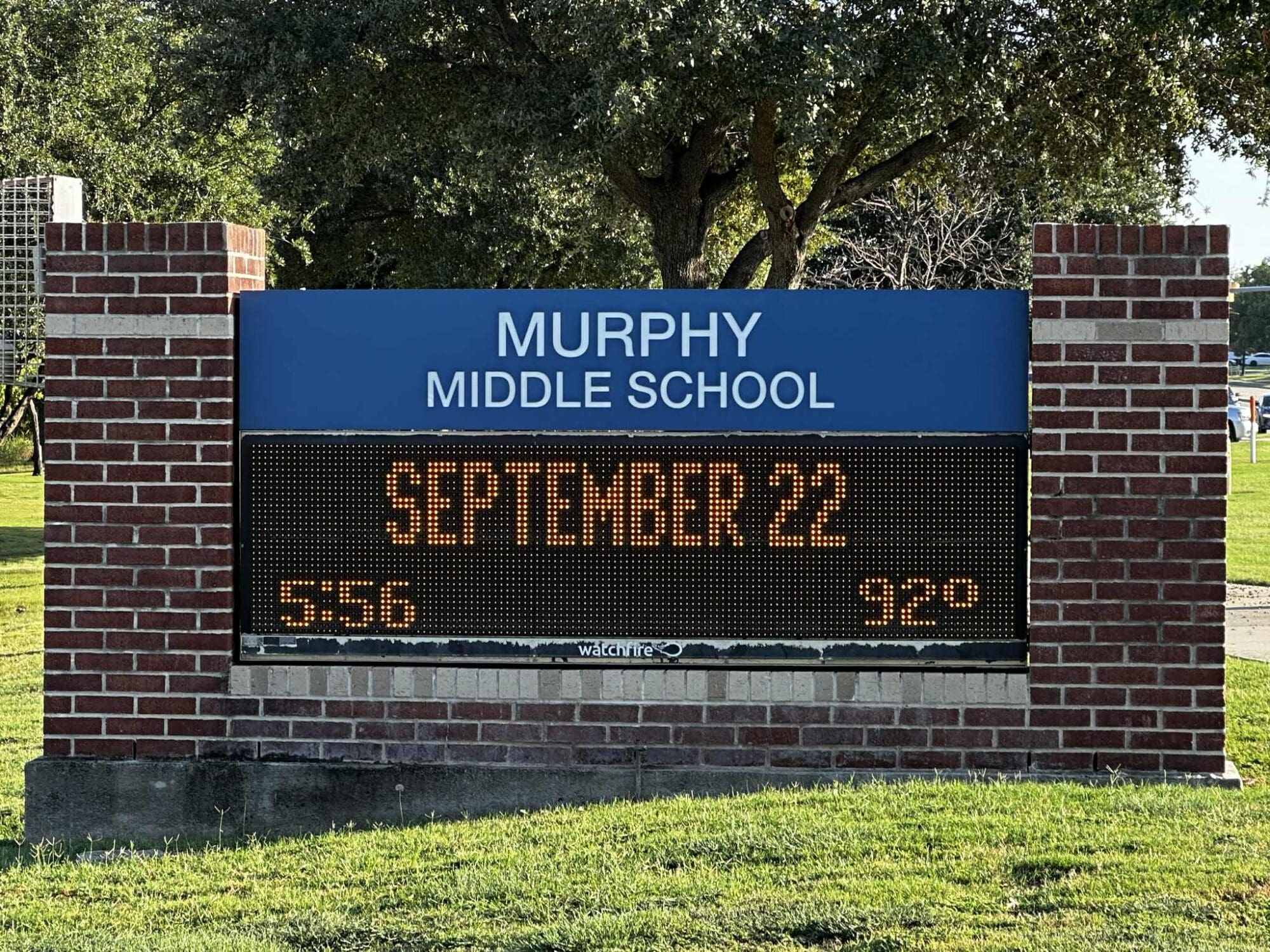Quinnipiac University released their latest Texas poll (5/29-6/4; 1,159 TX registered voters) and it finds former Vice President Joe Biden doing well in opponents Beto O’Rourke and Joaquin Castro’s home state.
According to the results, Mr. Biden heads the Lone Star State Democratic presidential field and is the only candidate to top President Trump when the latter man is isolated against each competitive Democrat (Biden over Trump: 48-44 percent).
Arguably, Texas, with its 38 electoral votes and the largest cache that a Republican candidate can generally claim, is Mr. Trump’s most important state. Losing here would likely mean forfeiting the presidency. There is no mathematical way to compensate for Trump failing to win Texas’ electoral votes and still reach the 270 electoral votes to claim a national victory.
In the Democratic primary, scheduled for Super Tuesday, March 3, Mr. Biden leads the pack of candidates with 30 percent of the vote, topping ex-Rep. O’Rourke (16 percent), Sen. Bernie Sanders (15 percent), Sen. Elizabeth Warren (11 percent), and the nine others who recorded between 1 and 4 percent statewide support.
Sens. Amy Klobuchar (D-MN), Kirsten Gillibrand (D-NY), Michael Bennet (D-CO); Govs. Jay Inslee (D-WA) and Steve Bullock (D-MT); Reps. Tulsi Gabbard (D-HI), Eric Swalwell (D-CA), Seth Moulton (D-MA); and Mayors Bill de Blasio (New York, NY) and Wayne Messam (Miramar, FL), failed to reach the 1 percent plateau.
But, how would such a vote split translate into delegates for the participating candidates? Under Democratic Party rules, each state has both at-large and district delegates. Another group, called PLEOs, are comprised of state and local Democratic Party leaders along with elected officials.
In Texas, 149 of the delegates come from districts—in this case, the 31 state Senate districts. Another 79 are elected either at-large (49) or are in the PLEO category (30). This total group comprises the 228 first ballot delegates that Texas will send to the 2020 Democratic National Convention in Milwaukee, the second largest delegation behind California (416).
The state also has 34 super delegates: 21 members of the Democratic National Committee and 13 from the U.S. House of Representatives. Texas does not have a Democratic U.S. senator, governor, or member of the Distinguished Party Leader category, thus limiting its total. Super delegates, though not eligible to vote on the first ballot at the 2020 convention, are not bound under any state law, thus are free to vote of their own volition.
Under the nomination rules, a candidate must receive 15 percent of the statewide popular vote to qualify for delegate dispersion under the proportionality formula. If the Quinnipiac poll results were the actual vote, only Messrs. Biden, O’Rourke, and Sanders would qualify for the statewide delegate split. They would get a commensurate share of the at-large and PLEO delegates that, in this case, would break 39 for Biden, 21 for O’Rourke, and 19 for Sanders.
But, this is not the only way to win delegates. Each of the 31 state Senate districts have between 2 and 10 delegates, depending upon the Democratic National Committee structure that emphasizes and rewards districts for their performance for past Democratic candidates. A total of 23 districts have between 4 and 7 delegates inclusive.
In each of those, a new formula based upon the vote in the individual districts determines the delegate split for that particular state Senate domain. Therefore, even if a candidate does not reach the 15 percent plateau in the statewide count, he or she would win proportional delegates from each state Senate district where they exceed 15 percent of the particular district’s popular vote. Thus, individual candidates targeting certain districts could increase their delegate total or put them in the delegate mix irrespective of their statewide performance.
Since ex-Rep. O’Rourke represented the El Paso area, it would not be unusual to see him gain extra delegates from that particular region. The same would hold true for Mr. Castro, who, before becoming Housing & Urban Development Secretary in the Obama administration, was the mayor of San Antonio.
While Mr. Biden may be leading in the polls, as you can see from the complicated delegate apportionment system, it won’t necessarily guarantee him runaway support within the all-important delegate count, from which the eventual nominee must reach a majority. Hence, this delegate distribution process becomes “the game within the game.”
This is a commentary submitted and published with the author’s permission. If you wish to submit a commentary to Texas Scorecard, please submit your article to submission@texasscorecard.com.




